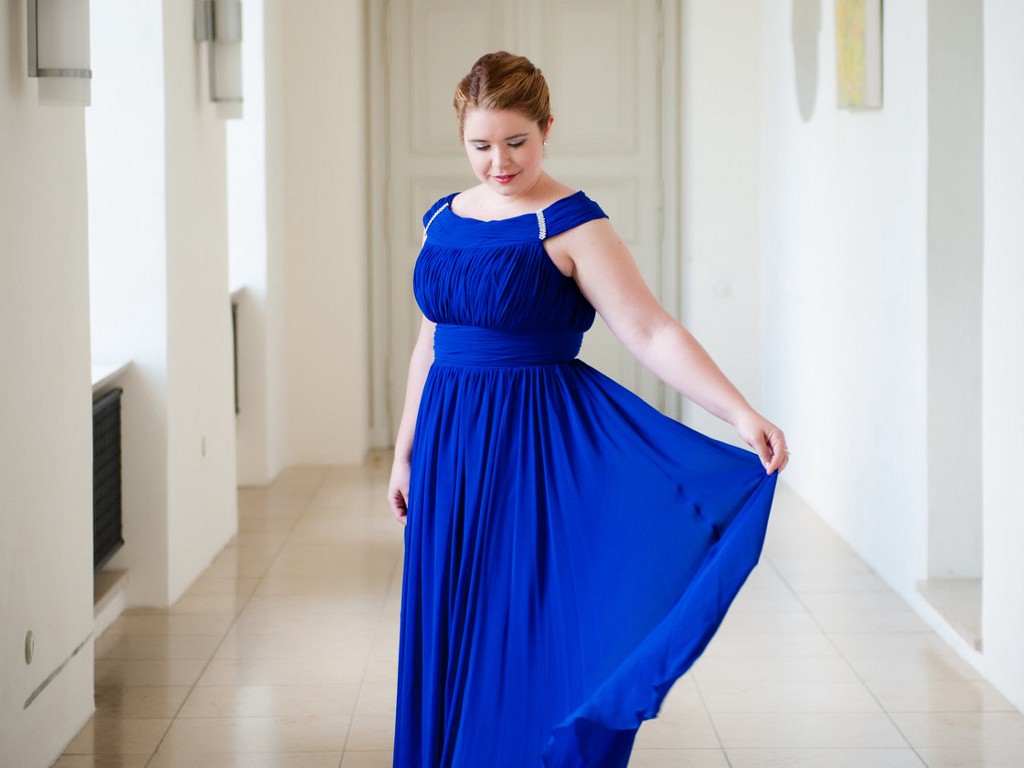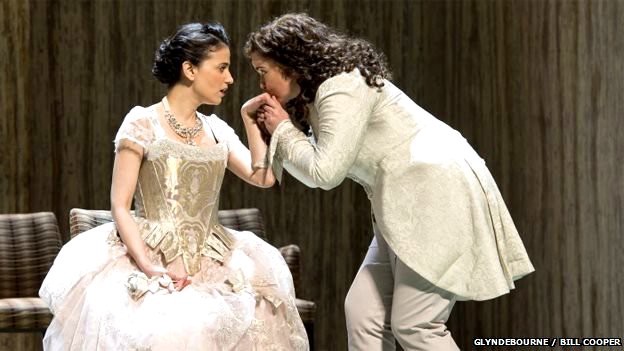
“Dumpy,” “unsightly and unappealing,” and “a chubby bundle of puppy fat” are some of the insults hurled at Irish mezzo-soprano Tara Erraught in reviews — all written by male critics — of a new production of Richard Strauss’ Der Rosenkavalier.
Evidently confusing the opera with a round of “Hot or Not”, a quintet of writers thought fit to comment more on Erraught’s weight than her performance. Here’s a compilation of the gratuitous attacks against the singer, courtesy of Norman Lebrecht at his site Slipped Disc (emphasis from NPR):
- Andrew Clark in Financial Times: “Tara Erraught’s Octavian is a chubby bundle of puppy-fat.”
- Andrew Clements in The Guardian: “It’s hard to imagine this stocky Octavian as this willowy woman’s plausible lover.”
- Michael Church in The Independent: “This Octavian (Tara Erraught) has the demeanor of a scullery-maid.” (NPR notes that Church didn’t comment on Erraught’s performance at all, despite her Octavian being one of the opera’s two co-leads.)
- Rupert Christiansen in The Telegraph: “Tara Erraught is dumpy of stature and whether in bedroom deshabille, disguised as Mariandel or in full aristocratic fig, her costuming makes her resemble something between Heidi and Just William. Is Jones simply trying to make the best of her intractable physique or is he trying to say something about the social-sexual dynamic?”
- Richard Morrison in The Times of London: “Unbelievable, unsightly and unappealing.”
The fat-shaming is repulsive enough, but the strange part — gone unmentioned in much of the press about this open display of entitled sexism — is that Erraught played and sung a man’s role — that of Octavian, a youthful count. (This is in keeping with operatic tradition; Strauss wanted to hear more of women’s voices in duets and trios.) That means that, according to these male critics, a female singer needs to be “hot” even when she’s playing a heterosexual male character.
To which there is no proper response but: What the fuck?!
NPR producer Anastasia Tsioulcas sees a bigger problem in her male colleagues’ prioritization of the male gaze over the critic’s ear:
“I find it astounding that across five widely read publications, not a single editor saw fit to go back to the writer and challenge what he had written. Yes, visuals matter — even more now, in the age of live broadcasts — but these critics have seized this as license to forget why anybody shows up at an opera house to begin with.”
Erraught hasn’t yet responded, but a multitude of her peers have spoken up on behalf of all female performers.
Among them are mezzo-soprano Alice Coote, who wrote an open letter to critics, describing opera as “the Art form that is about celebrating the human voice…. at its most Olympian heights of expression.” She concluded with a warning that emphasizing sexual allure over musical talent — a talent it generally takes a decade of training to develop — will lead to “the death of opera.”






